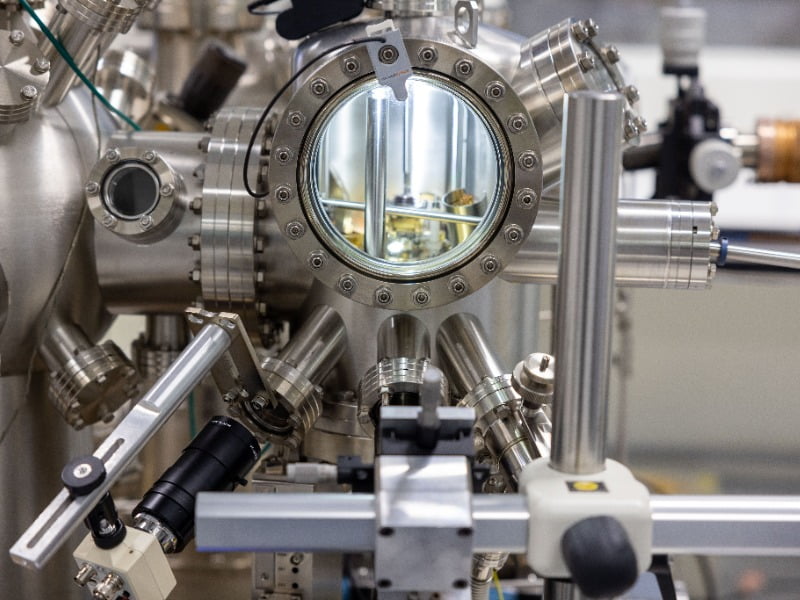The University of Sydney has been awarded an $18.3 million federal grant over four years to establish a research and commercialisation networking group for Australia’s nascent quantum sector.
The plans for an Australian Centre for Quantum Growth were announced a year ago next week as part of the government’s National Quantum Strategy, with funding for the initiative includes in the 2023-24 budget last May.
The Industry department issued a call for proposals from potential partners to run the centre last December, with Sydney University leading the successful consortium of interests, which included most of the major research universities and most of the Australia’s leading commercial quantum companies.
The winning proposal will run the centre under the brand ‘Quantum Australia’ and aims to build strategic relationships across industry, research, consumer and government stakeholders to drive innovation and research translation.
The $18.3 million in grant funding is expected to cover 75 per cent of the cost of operating Quantum Australia for four years, with the rest to be covered by the University of Sydney and its consortium partners.

The primary role of Quantum Australia will be to provide networking and awareness function for the quantum sector, to ensure that the different commercial and institutional research players have an ecosystem-wide understanding of the progress that is being made across the sector.
This would accelerate the growth of the quantum industry in Australia and increase Australia’s global competitiveness by supporting greater collaboration and coordination of R&D, focusing on industry-led solutions that boost the adoption and diffusion of quantum technologies across Australia and the world.
Quantum Australia would also establish itself as a “single front door” for the quantum sector in Australia. It is expected to deepen Australia’s relationships with potential international partners, enabling the transfer of knowledge and capital, whilst “retaining ownership of our sovereign intellectual property”.
The Tech Council of Australia, which hosts the Australian Quantum Alliance industry group, said the announcement was an important step in the delivery in the National Quantum Strategy.
According to Tech Council research, Australia has the right foundations for a globally successful quantum industry, as it is already home to more than 3 per cent of global quantum startups and attracts 3.6 per cent of global venture capital investment – well above Australia’s 1.6 per cent share of global GDP.
“Quantum Australia – a centre focused on industry development – will help ensure our world-leading quantum research continues to be commercialised into cutting-edge technologies produced here in Australia,” Tech Council acting chief executive Ryan Black said.
“Quantum commercialisation will deliver billions of dollars in economic value and thousands of jobs by 2030 globally and in Australia, while supporting our strategic and national security objectives.”
Quantum Australia will deliver three primary programs to meet the objectives of the Australian Centre for Quantum Growth program.
The Quantum Ecosystem Development program aims to deliver a connected quantum stakeholder landscape with improved understanding of the potential for quantum technologies.
The Translation Accelerator program aims to grow the Australian quantum industry, unlock new use-cases for quantum technology, increase industry-academic research partnerships, and help grow the quantum workforce.
The Entrepreneurship Support program aims to attract quantum entrepreneurs from Australia and internationally, to support these potential entrepreneurs on a journey from being experts to being founders.
Other programs put forward by Quantum Australia include initiative like the Quantum Safe Industry workshop, IP roundtable, and Elevating Quantum Women’s Voices that aim to ensure an equitable, ethical, and secure quantum ecosystem with opportunities for all Australians.
Industry and Science minister Ed Husic said Australian researchers have been responsible for some of the most important quantum breakthroughs “so we have an edge in this critical technology.”
“We want to make more things here and quantum computing will give us the technological muscle to do that,” Mr Husic said.
Do you know more? Contact James Riley via Email.

